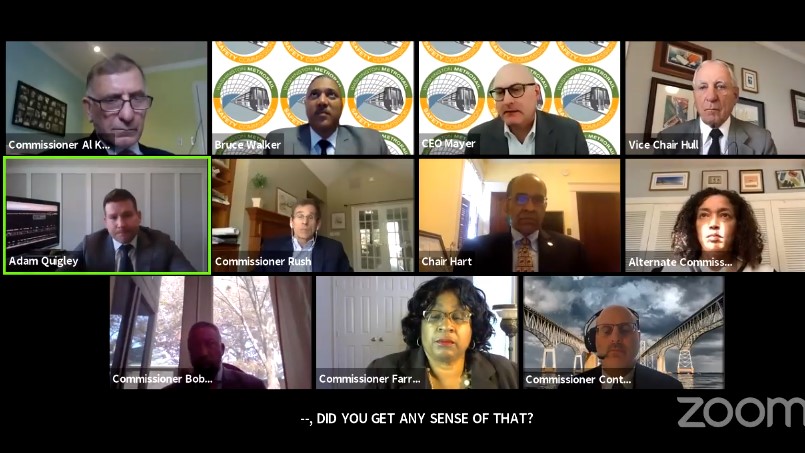
(1) In December, when power was lost, trapping passengers on 2 trains between Ft. Totten & Georgia Ave/Petworth, I learned of safety concerns about Metro's handling of the evacuation. It took five months of bugging Metro to finally get answers. (more) 

(2) @WMATA now confirms its workers did not set up warning devices known as WSADs that would sound in case electrical power was accidentally restored while trains were being evacuated. It's a decades old safety procedure that was ignored. (more) 

(3) @WMATA also got back to me about it taking almost 30-minutes to get accurate information to @dcfireems about an injured worker inside a tunnel near Ft. Totten on February 27. Metro confirms it failed to relay the correct details to DC 911. (more) 

(4) During the Fort Totten incident, there was a lengthy delay notifying DC 911. Then, armed with bad information, @dcfireems was searching inside the station for a "sick person" for almost 15-minutes before learning there was an injured worker inside the tunnel. (more) 

(5) What I still haven't nailed down is the miscommunications & delay during the March 26 stranded train near Rhode Island Avenue. Metro & @OUC_DC are providing conflicting timelines. Details on all of these safety issues can be found here: statter911.com/2021/05/05/new…
• • •
Missing some Tweet in this thread? You can try to
force a refresh













